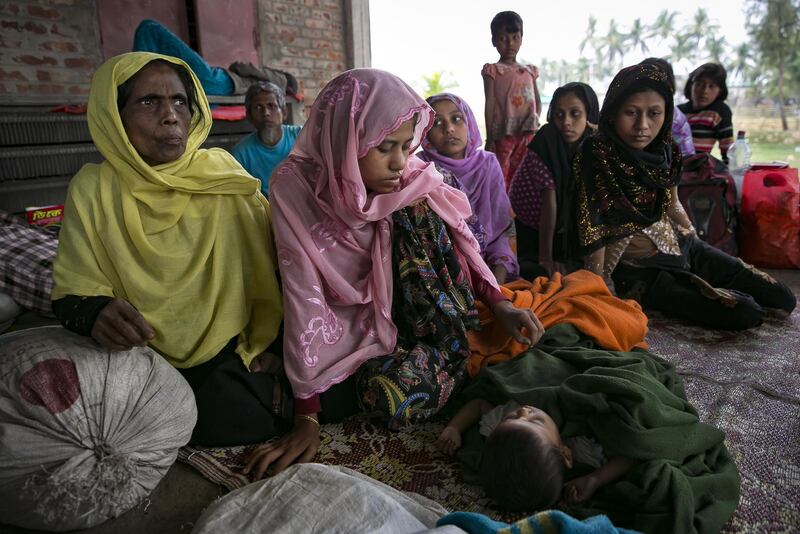In a landmark deal, the Rohingya are to be allowed back home, a move Myanmar's de facto leader, Aung San Suu Kyi, was quick to triumphantly call a "win-win situation". Over two months, the Rohingya are to be repatriated to Rakhine state. It is not yet clear how many of the 620,000 displaced Rohingya will be rehomed or where, as hundreds of thousands have had their houses razed or burned to the ground, nor how they will qualify, as most left with only the clothes on their back and no documentation to prove their residency.
While their return is to be welcomed as a step in the right direction, let us not forget why they are camped in squalid conditions in neighbouring Bangladesh in the first place. The litany of allegations from those who fled their homes in terror mounts up and makes for horrifying reading: tales of military brutality, rape, torture, murder and sexual violence against children, who make up 60 per cent of those displaced. Charities and NGOs have been repeatedly denied access to North Rakhine province but the stories emerging from Bangladesh tell their own tale: there are few children there who have not witnessed a family or community member being maimed or tortured. They will require years of psychological help for the trauma they have endured.
Yet Ms Suu Kyi remained defiant in the face of mounting international outrage and despite the escalation in reported atrocities from August – described as "crimes against humanity" by Amnesty International and "ethnic cleansing" by US secretary of state Rex Tillerson – she only demurred to visit the province on a day trip earlier this month. She must now ensure independent observers like the UN are allowed unfettered access to ensure the smooth transition of the Rohingya to their homeland. Ms Suu Kyi must also give assurances she will begin the process to ensure all those who carried out acts of violence against Myanmar's people – including her own military – are brought to face justice. It is concerning that the deal signed in Naypyidaw echoes that of the Rohingya's repatriation in 1992. Had it worked to ensure their protection then, they would not find themselves in their current plight.
Ms Suu Kyi might feel it’s a win-win situation but in the case of the Rohingya, there are no winners, only losers. Her reputation lies in tatters and an entire community waits in limbo, living in stricken conditions but terrified of what they might be coming back to. It is up to Ms Suu Kyi now to ensure they have nothing to fear.





